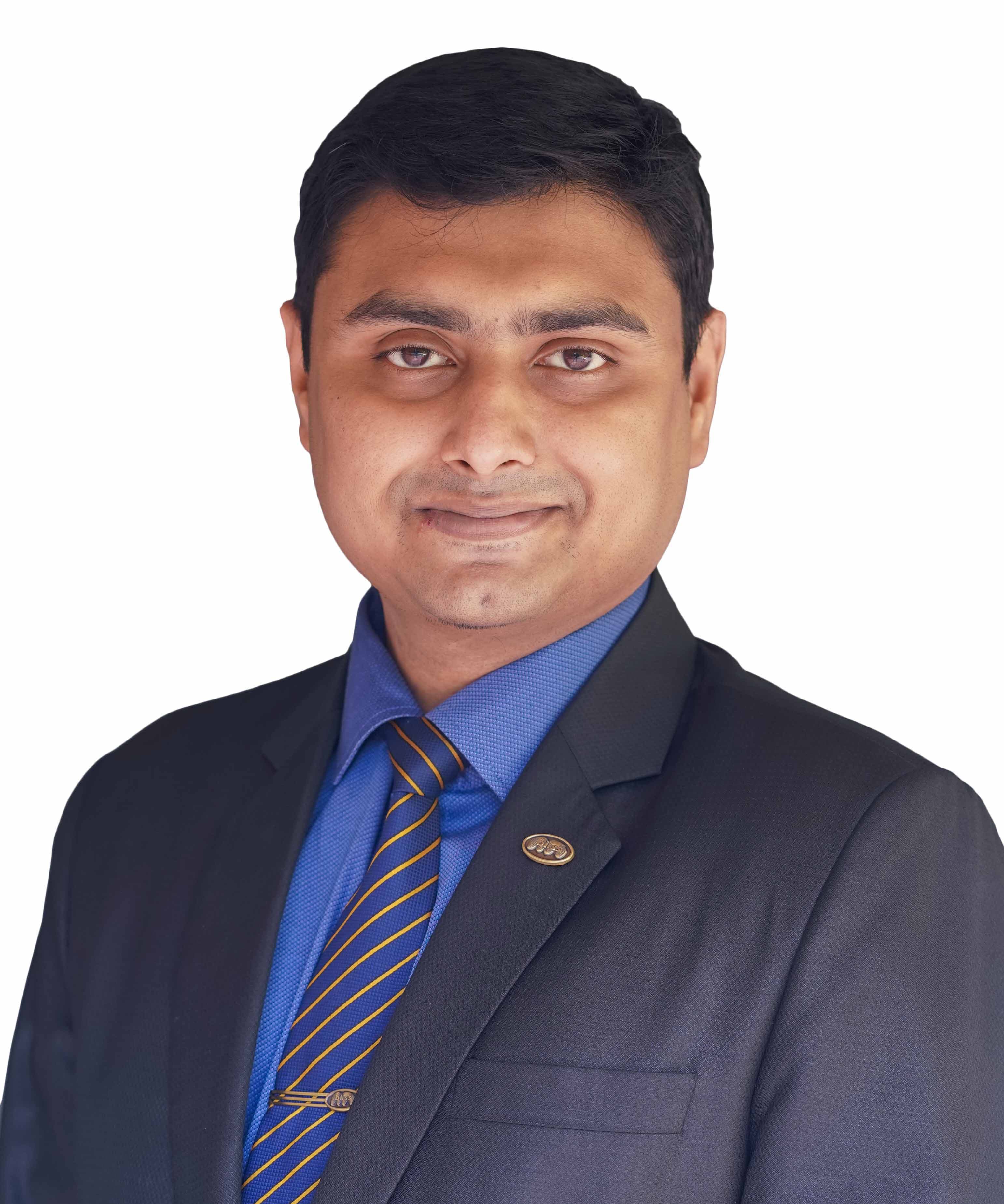
Md Rafid Abrar Miah is a Research Officer at the Bangladesh Institute of International and Strategic Studies (BIISS), a premier statutory think tank operating under the purview of the Ministry of Foreign Affairs, Government of Bangladesh. Since joining BIISS in April 2021, Mr. Miah has been engaged in research encompassing a wide spectrum of contemporary development and security issues. His primary research interests are concentrated in the fields of political economy, non-traditional security, governance, and human development.
Leveraging his academic background in Development Studies, he employs a multidimensional approach in his research endeavors. He is proficient in utilizing NVivo and Stata for the rigorous analysis of qualitative and quantitative data, respectively. At BIISS, Mr. Miah's current research explores the implications of emerging technologies on labor, regional economic frameworks such as the Indo-Pacific Economic Framework (IPEF), economic engagement strategies for Bangladesh, and broader themes of human and community security. His prior research has addressed areas including violence against women, disaster governance, the ICT capacity of local government officials, and pandemic responses within South Asia.
Mr. Miah has participated in high-level policy meetings both domestically and internationally. He contributed to the formulation of Bangladesh's Indo-Pacific Outlook and collaborated on the development of the 'SDG Localization Framework of Bangladesh' with the United Nations Development Programme (UNDP). In addition to his role at BIISS, he has been involved in numerous community-focused and policy-oriented research projects in partnership with various international non-governmental organizations, including, but not limited to, UNDP, UNOPS, Plan International, Save the Children, World Vision, FRIENDSHIP Bangladesh, FRIENDSHIP Luxemburg, Christian Aid, Action Aid, and the Deutsche Gesellschaft für Internationale Zusammenarbeit (GIZ).
Prior to his tenure at BIISS, he accrued valuable experience working with diverse research institutions and development projects, which enhanced his capacity to analyze complex socio-political issues with practical insight. He earned both his Bachelor’s (2019) and Master’s (2021) degrees from the Department of Development Studies at the Bangladesh University of Professionals (BUP), where he cultivated a profound interest in critical development theories and global policy trends.
Gendered Analysis of Humanitarian Crisis